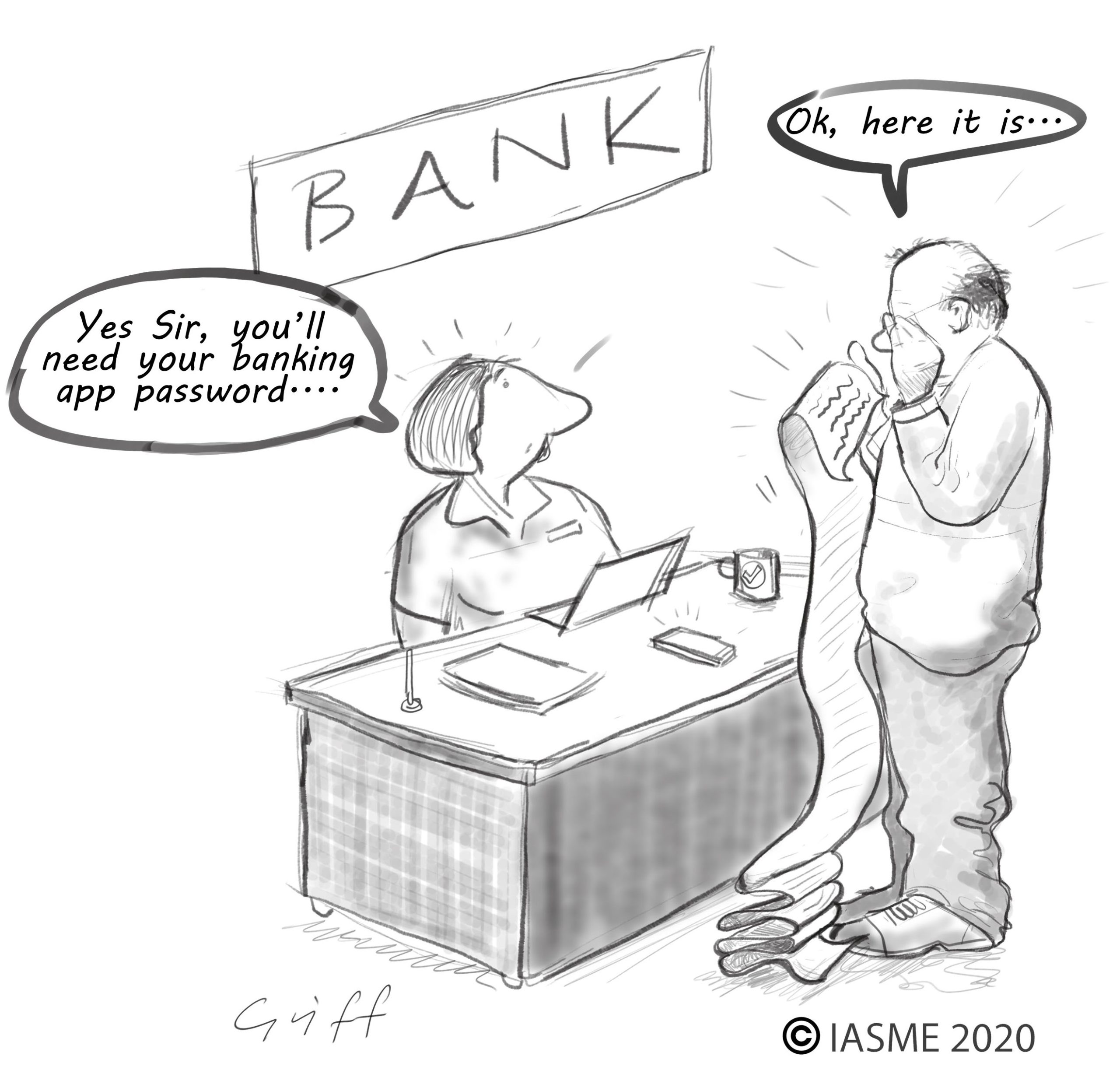
Wise Up to Strong Passwords
When going about your day, there seems to constantly be a service asking for a password, it feels as if you need one just to change your mind these days.
How many passwords do you think you have? How do you remember them all? Or do you just use the same one over and over?
Just think for a minute of your front door key, how many different doors does this key open? Would you be happy using a universal key to get into your house? Passwords are just like that unique key, they are an effective way of identifying and authenticating who you are.
It is the first and sometimes the only layer that stands between you accessing your money, data, social media accounts and email or someone else accessing those assets and possibly compromising them, stealing from you, or locking you out.
The most common passwords still are ‘password’, ‘password1’ and ‘12345678’. Face it, even your dog could guess those!
Yet, it turns out that even a password of 8 characters can be cracked in about 5 hours using a standard office computer, and passwords with dates of birth, names of your pets and children, and your favourite band or football team can be easily worked out by reading your social media pages or googling you.
One password – one account
One of the biggest human-factor risks to businesses is staff re-using their passwords. If your work account access password is the same as your Facebook password, potentially a Facebook breach (or any of the other accounts where you use that username-password combination) could equal a big security problem for your organisation.
When an online company is breached, thousands of pieces of customer information can be stolen, including email addresses and passwords. The cybercriminals will immediately go through as many accounts (e.g. utility companies, eBay, Instagram, Amazon, Hotmail, insurance companies) as they can, trying those user-name-password combinations hoping to open up an access point for more crime. This is the reason you need a separate password for each online account.
Your email address is the gateway for all your other accounts and the place where you reset your passwords. With this in mind, if a criminal gets access to your email account, they can take control of most other user accounts that you have. At the very least, have a complex and unique password for your email account that no one could guess.
Cybercriminals can use computers to guess people’s passwords and break into their computers in what is called a brute-force attack. The computer will try every combination of letters, literally working through the dictionary till they have found the words that work. Some programs are sophisticated enough to search logical substitutions such as ‘4’ for an ‘A’, ‘I’ for ‘1’ etc.
For this reason, it is recommended that you use a password that is over 8 characters long, or better still, 12 characters or more. Make it complex and hard to guess, and if available, you should set your accounts to lock after a certain number of unsuccessful login attempts.
Coming Up with Unique Secure Passwords & Remembering Them
How to make a strong password
The National Cyber Security Centre has a great deal of useful advice about passwords. They recommend that you use three random words which you can remember but do not naturally go together. It is also a good idea to use numbers and special characters (*&%F£) in your password, as well as a combination of upper and lower case letters.
The longer your password the better. It is recommended that you select long passwords for your admin and other crucial systems’ accounts (i.e. email account, banking account). Do not share your password with anyone, this is private information.
Looking after your passwords
The good news is that you do not need to remember all those long and complex passwords. You can use a piece of software called a password manager. You may have noticed that your browser already asks you if you’d like it to create and store passwords for you. This is a browser integrated password manager and is safe to use for personal use, however, there are security issues linked to this kind of password manager.
It is recommended you use an independent, stand-alone password manager such as Bitwarden – they even offer a free plan for private users or small (up to 2 people organisations). Do some research on other third-party password managers and use the one you think is the safest.
It is often as simple as downloading their software from their website and signing up with your email address. You will then only need to remember the one really good, complex password to the password manager itself and after that, the password manager will remember your user names and create and remember extremely secure passwords for each of your accounts.
It will be able to operate across multiple devices and on different browsers, it can also be asked to remember additional information such as addresses, wifi codes, credit cards, passports; all organised and encrypted. Password managers provide an option to configure multi-factor authentication to provide another layer of security.
Another layer of security
Another great way to add a layer of security to your password is to use 2-Factor Authentication (2FA) or multi-factor authentication (MFA). This process is being used more and more and involves using your fingerprint, retina scan, or a code being sent to a separate device eg your mobile phone to further verify your identity.
If you have the option for 2FA or MFA, use it where possible.
Has your password been already been made public?
If you are curious about how many times your email and password have been exposed due to security breaches, check it out on the website: haveibeenpwned.com. Don’t worry too much if you have been pwned, most emails have been breached. The important thing is to change your password if you believe it may have been compromised.
If you suspect that you have a virus in your system, if the manufacturer notifies you of a security weakness in their product or someone on your contact list gets emails from you that you didn’t send, immediately go onto the relevant accounts and change the password. Do not forget to update your passwords on the password manager.
Neutralise Threats for Peace of Mind – Don’t Be a Victim of an Online Scam
As more of our information and activities go online, cyber security has become a necessary part of life that keeps us safe from crime. Just like learning anything new, it can be broken down into small steps and implemented in bite-sized chunks.
Businesses of all sizes are at particular risk of cybercrime and would benefit from working towards Cyber Essentials which is a Government approved scheme. By implementing just five core controls that protect against most cyberattacks, businesses can ensure they are on the right track as well as demonstrate to their customers and suppliers that they are serious about cyber security.
Click here to find out more about Cyber Essentials.
As a Cyber Essentials Assessor, we are always happy to support your ambitions to become certified and want you to benefit from additional security and much more such as
✅ Becoming eligible to apply for Government tenders
✅ Reducing insurance premiums
✅ Avoiding GDPR fines
✅ Establish trust with suppliers and customers
And it’s not only about your business but the wider community. Every successful hack funds the cybercriminals and allows them to purchase more hardware and other tools to carry on their despicable profession.
So, if you want to take your business to the next level, give us a call or book a 15-minute video call at a time that suits you. There’s no obligation to buy anything, ever. During this quick chat, however, we can discuss what a Cyber Essentials certification would bring to your business and the process behind it.
Here's our live calendar!
Questions: [email protected]
Continue reading:
Creating an IT Compliance Policy – The 7 Things You Need to Consider
Ninja at the Gateway – The Secrets of your Router
Why You Need to Know About Cybercrime




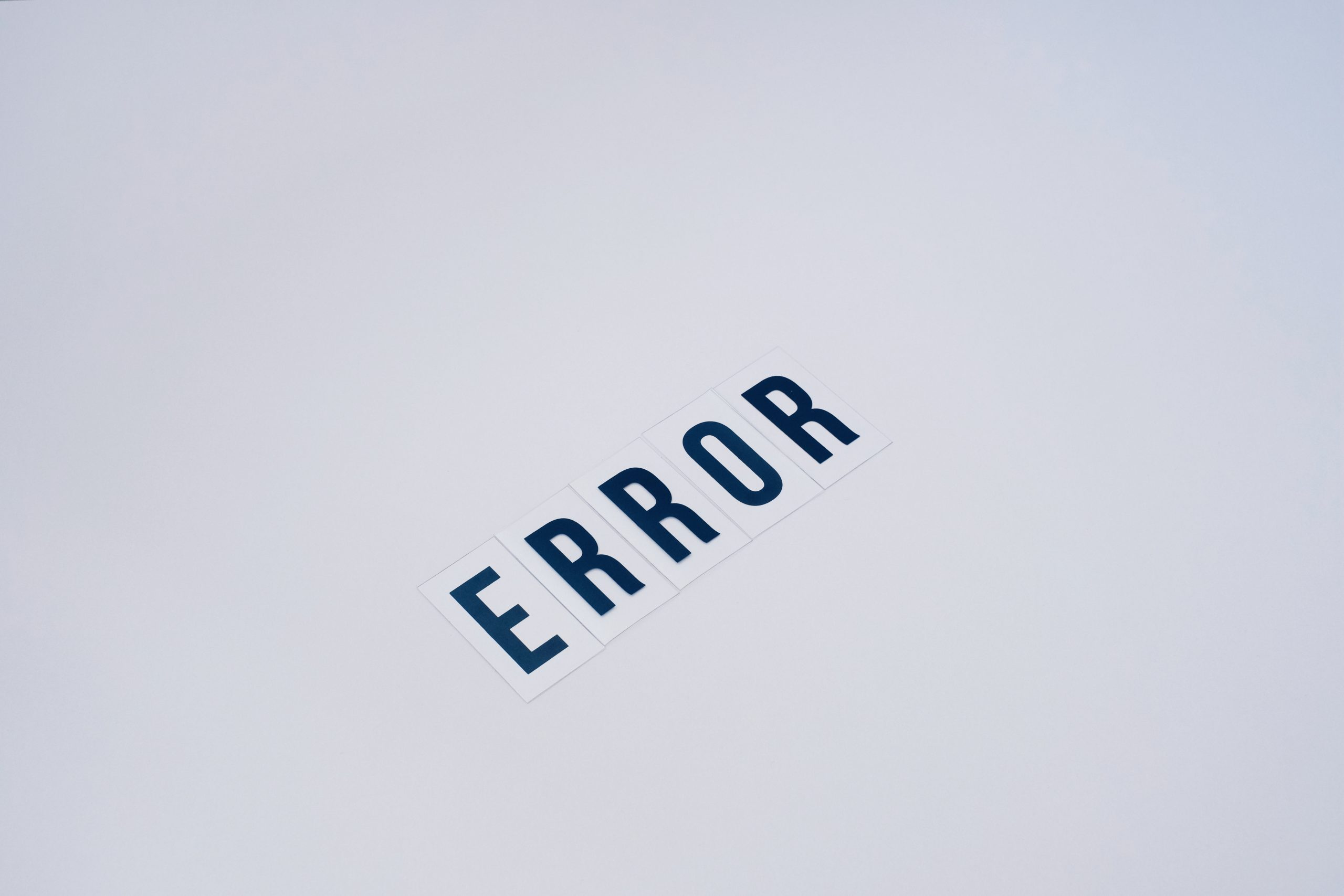







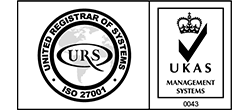
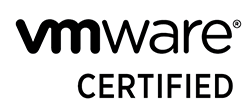
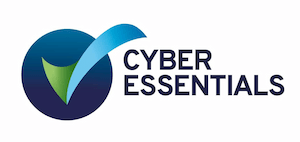
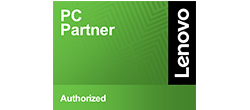
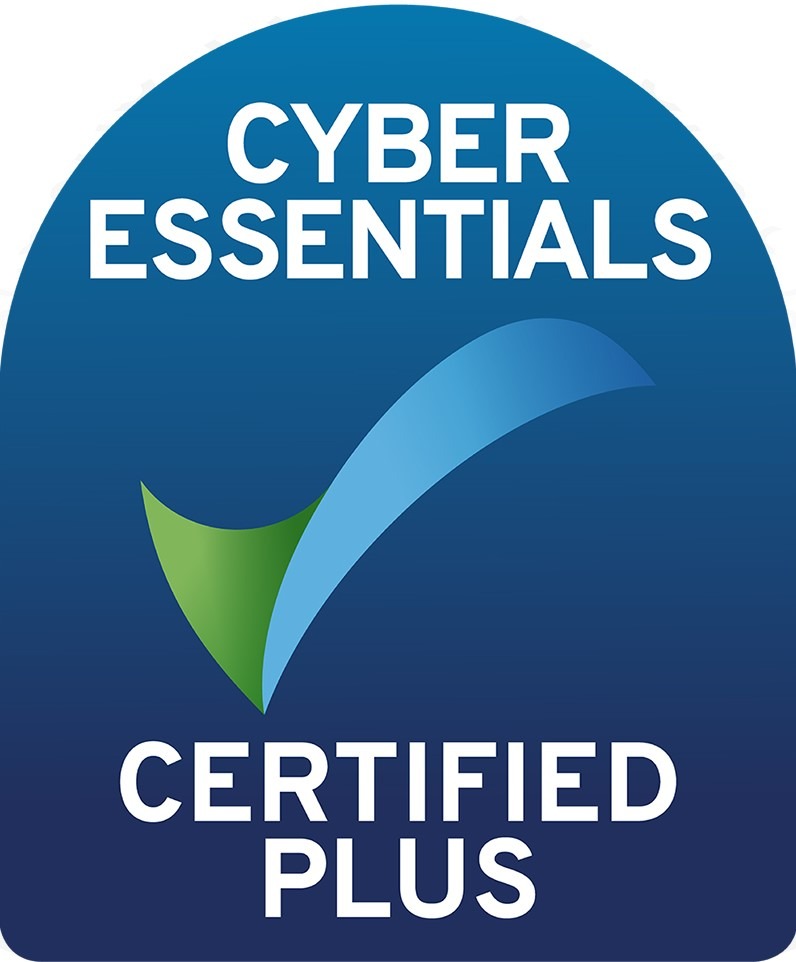
Recent Comments